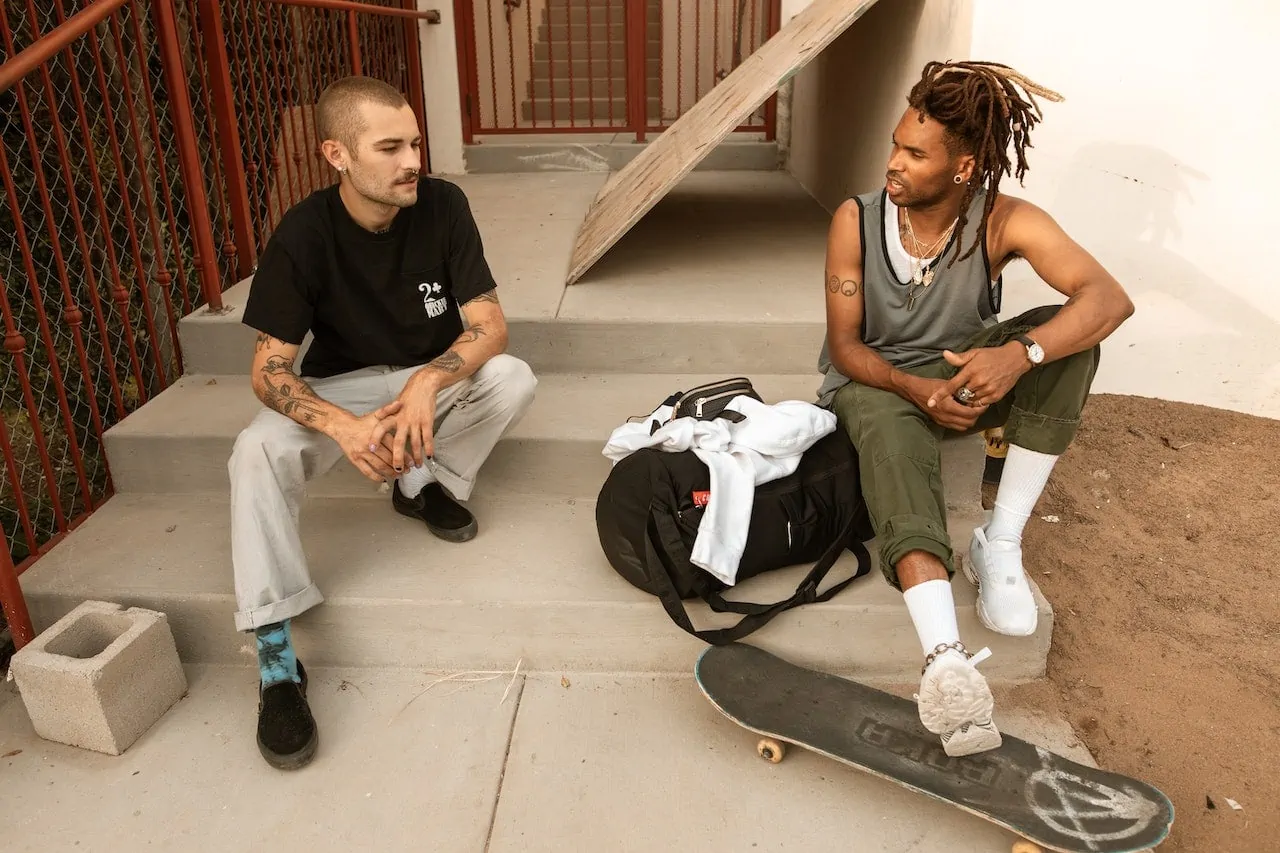


Many people live in recovery-centered communities as a part of their recovery journey. Some people experience the community approach to recovery at inpatient drug treatment. Many people also choose a community approach to their recovery by living in sober housing. People who live in a sober living community are also part of a therapeutic community with a focus on community and healing. Sober living, based on the community model of treatment, is a great option for your recovery journey.
The community treatment model works on helping people change in a communal setting. The environment in sober living homes focuses on recovery and positive change. Being around others with similar focus and goals can help people stay sober.
Community members are encouraged to practice honesty, open-mindedness, and willingness. Participating in a recovery community means taking responsibility for yourself and your recovery. Sometimes this means hard work, but as you continue to grow in the program, you’re given more freedom and responsibility.
Recovery work, therapy, and MAT may be a part of your treatment. However, everyone in the community will have their own specific goals and issues to work on. You will learn to live in harmony with a sober lifestyle.
Most community members attend 12-step meetings, have group therapy, and go out together. Some people will take to the beach or road to surf or jog. There will usually be shared chores that are alternated weekly or monthly. Grocery shopping and cooking are often communal.
Therapy and 12-step groups will be a big part of sober living. After all, staying sober comes before everything else.
The goal for a person in sober living is to use the tools they’ve acquired to continue to stay sober, reclaim their lives, and take on more responsibilities. Some people start to resolve wreckage from the past, such as missed court appearances, old speeding tickets, or charged-off credit cards. Making amends and doing the right thing are important goals to work towards.
For some participants, this means getting a part-time job or a job training program. Moving towards independence and becoming ready to move forward is a part of recovery in this stage.
For many people in sober living communities, having the support of peers is vital. Active participation in group activities helps people inspire each other and continue to move towards their recovery goals.
A recovery community emphasizes group learning and peer support. People come together to rally around community members who are struggling. They also offer support to each other regularly. People in sober living homes find a family-like community where they come together, no matter their flaws, to become better people. Everyone’s goal is
Being supportive is an essential part of growing in recovery. A recovery community is a great place to practice empathy, build coping skills, and learn how to have healthier relationships. Feeling at home in a recovery community helps keep people sober, helps them practice coping skills, and helps with relapse prevention.
If you or somebody you love is looking for a recovery community, our sober housing program may suit you. Give us a call at 760-216-2077 to learn more about our communities.
Everyone needs friends and people who support their sobriety. When you first get sober, you’ll meet many people with the same goals as yours. However, hanging out with only newly sober people isn’t necessarily healthy. To stay sober, you need to have more than just a few friends in your network. You also need people who have experience staying sober longer-term and a sponsor to help you work the steps. But how do you go about building your network?
When you first get sober, you may feel intimidated talking to people with more time sober than you. However, it’s essential to build a network in recovery that is as robust as possible.
When you first get sober, you will probably go to detox, where you will be among your peers. You may want to exchange contact information with them – this is fine, but don’t make them the first person you contact when you walk out the door.
Instead, focus on the speakers at the meeting, who tend to have more time sober. If something one of them says speaks to you, ask them for their contact information at the meeting.
Many people who go to detox don’t continue to treatment. Relapse is a part of many peoples’ stories; this is why you shouldn’t reach out to somebody with fragile sobriety if you feel like you’re in a bad spot.
If you have outside speakers come to a 12-step meeting in treatment, this is an excellent place to network. Try to get contact information from people who have been sober for a year or more.
Most people in recovery like to surround themselves with others who have the same values and goals. Here are some ways to make new friends in recovery:
Sober living is a great way to start building your new life in recovery while in the presence of others who are doing the same! Learn more about our programs by calling 760-216-2077.
